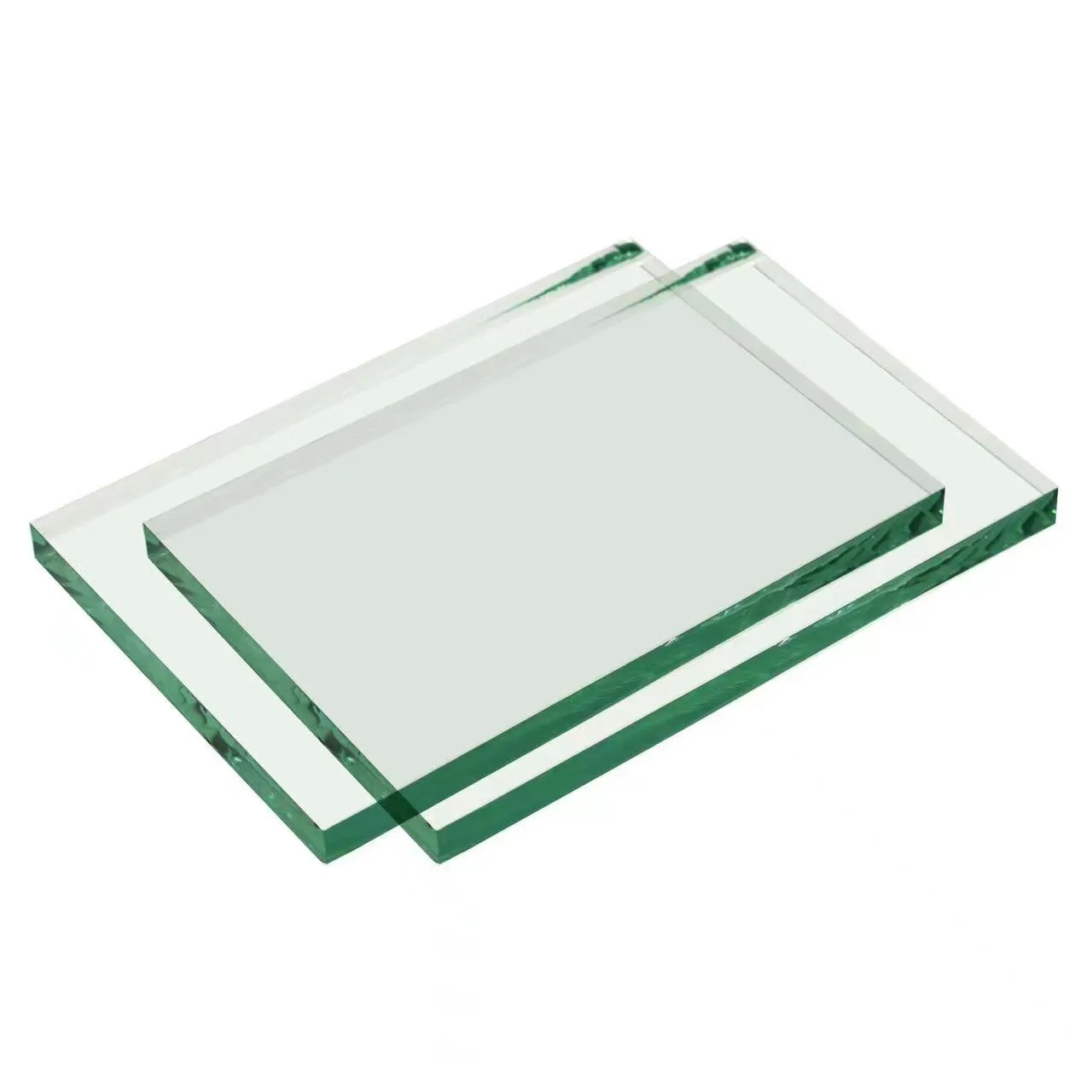The Role of Float Glass Plants in Modern Industry
Float glass, a vital material in various industries, is produced through a unique process that involves floating molten glass on molten tin. This technique, known as the float glass process, has revolutionized the production of flat glass, making it indispensable for construction, automotive, solar energy, and numerous other applications. Float glass plants play a crucial role in the supply chain of this material, contributing significantly to both economic development and technological advancement.
The Float Glass Manufacturing Process
The float glass process was invented in the 1950s by Sir Alastair Pilkington, and it represents a significant advancement in glass manufacturing technology. The process begins with the melting of raw materials, primarily silica sand, soda ash, and limestone, in a furnace at extremely high temperatures (about 1,700 degrees Celsius). Once the raw materials have melted into a molten glass, it is carefully poured onto a bed of molten tin. The unique properties of tin allow the glass to spread out evenly, creating flat surfaces as it cools down.
One of the key advantages of the float glass method is the production of high-quality glass with uniform thickness and smooth surfaces, which are critical for applications like windows and automotive glass. The end product can be further treated or coated to enhance properties such as UV resistance, thermal insulation, or glare reduction. Float glass can be produced in various thicknesses and sizes, catering to the diverse needs of different industries.
Economic Impact of Float Glass Plants
Float glass plants represent a significant investment in the manufacturing sector, providing jobs and promoting economic development within their regions. The establishment of such a facility not only generates employment opportunities directly within the plant but also supports related industries such as raw material suppliers, logistics, and distribution services. Given the global demand for glass in construction and automotive sectors, float glass plants often operate at high capacities, contributing to local economies and international trade.
float glass plants
Industrial growth in emerging markets, particularly in Asia and Africa, has driven demand for float glass. As urbanization accelerates and construction projects proliferate, the need for high-quality glass products becomes paramount. Float glass plants have risen to meet this challenge, expanding their operations and incorporating innovative technologies to enhance productivity and sustainability.
Sustainability in Float Glass Production
In recent years, the float glass industry has started to focus more on sustainability, recognizing its environmental impact. Traditional glass production processes are energy-intensive and can generate significant emissions. To mitigate this, float glass plants are adopting various strategies to reduce their carbon footprint.
Recycling has become a pivotal part of sustainable glass manufacturing. Float glass can be made using recycled glass cullet, which not only reduces the need for raw materials but also consumes less energy, as cullet melts at lower temperatures. Many plants are investing in advanced technology to integrate cullet efficiently into their production processes.
Moreover, the shift towards renewable energy sources in float glass plants is gaining momentum. The use of solar panels, wind energy, and other sustainable energy solutions helps reduce reliance on fossil fuels, contributing to a greener manufacturing process. These initiatives are not just beneficial for the environment; they also appeal to increasingly eco-conscious consumers and businesses.
Conclusion
Float glass plants are integral to modern manufacturing, providing essential materials for a wide array of industries. As the demand for high-quality glass continues to grow, these facilities must adapt and innovate to meet the changing landscape of the market. By embracing sustainability and efficiency, float glass plants can ensure their relevance and success in the years to come. This commitment to progress not only supports the economy but also addresses the pressing environmental concerns of our time, making float glass an enduring and crucial component of contemporary society.
 Afrikaans
Afrikaans  Albanian
Albanian  Amharic
Amharic  Arabic
Arabic  Armenian
Armenian  Azerbaijani
Azerbaijani  Basque
Basque  Belarusian
Belarusian  Bengali
Bengali  Bosnian
Bosnian  Bulgarian
Bulgarian  Catalan
Catalan  Cebuano
Cebuano  Corsican
Corsican  Croatian
Croatian  Czech
Czech  Danish
Danish  Dutch
Dutch  English
English  Esperanto
Esperanto  Estonian
Estonian  Finnish
Finnish  French
French  Frisian
Frisian  Galician
Galician  Georgian
Georgian  German
German  Greek
Greek  Gujarati
Gujarati  Haitian Creole
Haitian Creole  hausa
hausa  hawaiian
hawaiian  Hebrew
Hebrew  Hindi
Hindi  Miao
Miao  Hungarian
Hungarian  Icelandic
Icelandic  igbo
igbo  Indonesian
Indonesian  irish
irish  Italian
Italian  Japanese
Japanese  Javanese
Javanese  Kannada
Kannada  kazakh
kazakh  Khmer
Khmer  Rwandese
Rwandese  Korean
Korean  Kurdish
Kurdish  Kyrgyz
Kyrgyz  Lao
Lao  Latin
Latin  Latvian
Latvian  Lithuanian
Lithuanian  Luxembourgish
Luxembourgish  Macedonian
Macedonian  Malgashi
Malgashi  Malay
Malay  Malayalam
Malayalam  Maltese
Maltese  Maori
Maori  Marathi
Marathi  Mongolian
Mongolian  Myanmar
Myanmar  Nepali
Nepali  Norwegian
Norwegian  Norwegian
Norwegian  Occitan
Occitan  Pashto
Pashto  Persian
Persian  Polish
Polish  Portuguese
Portuguese  Punjabi
Punjabi  Romanian
Romanian  Russian
Russian  Samoan
Samoan  Scottish Gaelic
Scottish Gaelic  Serbian
Serbian  Sesotho
Sesotho  Shona
Shona  Sindhi
Sindhi  Sinhala
Sinhala  Slovak
Slovak  Slovenian
Slovenian  Somali
Somali  Spanish
Spanish  Sundanese
Sundanese  Swahili
Swahili  Swedish
Swedish  Tagalog
Tagalog  Tajik
Tajik  Tamil
Tamil  Tatar
Tatar  Telugu
Telugu  Thai
Thai  Turkish
Turkish  Turkmen
Turkmen  Ukrainian
Ukrainian  Urdu
Urdu  Uighur
Uighur  Uzbek
Uzbek  Vietnamese
Vietnamese  Welsh
Welsh  Bantu
Bantu  Yiddish
Yiddish  Yoruba
Yoruba  Zulu
Zulu 

